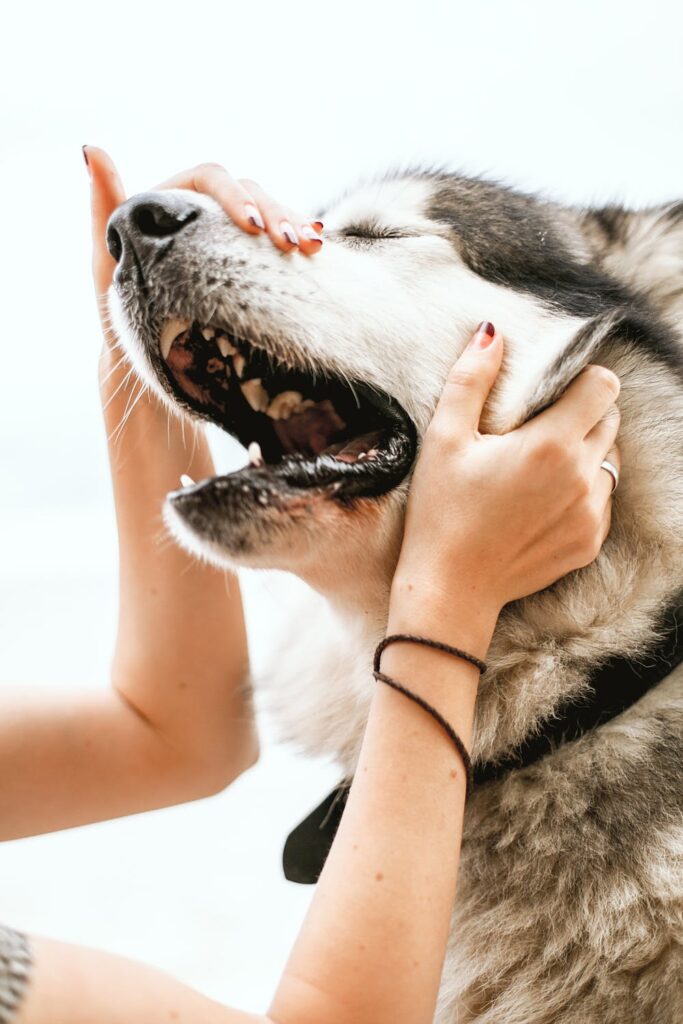
Rehoming a dog can be a difficult decision, but it is sometimes necessary for the best interests of the dog and the owner. If you are considering rehoming your dog, there are a few things you can do to make the process go smoothly.
1. Be honest about why you are rehoming your dog.
The first step is to be honest with yourself and potential adopters about why you are rehoming your dog. There are many reasons why someone might need to rehome their dog, such as:
- You are moving and cannot take your dog with you.
- You no longer have the time or resources to care for your dog.
- Your dog has behavioral problems that you cannot manage.
- You are allergic to dogs.
No matter what the reason, it is important to be honest about it with potential adopters. This will help them to make an informed decision about whether or not your dog is a good fit for their family.
2. Screen potential adopters carefully.
Once you have decided to rehome your dog, you need to start screening potential adopters. This is an important step to ensure that your dog goes to a loving and safe home.
When screening potential adopters, you should ask questions about their lifestyle, experience with dogs, and ability to provide a loving and safe home for your dog. You should also ask to see their home and meet their other pets, if they have any.
It is important to trust your gut instinct when screening potential adopters. If you have any doubts about someone, it is best to move on to the next person.
3. Provide your dog’s medical records and vaccination history to potential adopters.
It is also important to provide potential adopters with your dog’s medical records and vaccination history. This will help ensure that your dog is healthy and up-to-date on its vaccinations.
You should also provide potential adopters with information about your dog’s personality, temperament, and any special needs or requirements. This will help them to decide if your dog is a good fit for their family.

4. Meet potential adopters in person and let them interact with your dog.
The best way to screen potential adopters is to meet them in person and let them interact with your dog. This will give you a chance to get to know them and see how your dog interacts with them.
If you are comfortable with it, you can also let potential adopters take your dog for a walk or play in the yard. This will give them a chance to see how your dog behaves in a different setting.
5. Make sure to sign a rehoming agreement with the new adopters.
Once you have found a potential adopter, you need to make sure to sign a rehoming agreement. This agreement should outline the terms of the adoption, such as the cost of the adoption, the dog’s medical history, and the new adopters’ responsibilities.
A rehoming agreement is important to protect both you and the new adopters. It ensures that the new adopters understand their responsibilities and that you are not liable for any future problems with your dog.
6. Prepare your dog for the rehoming process.
Once you have found a new home for your dog, you need to prepare your dog for the rehoming process. This may include taking your dog to the vet for a checkup, getting your dog groomed, and training your dog on basic commands.
It is also important to spend some extra time with your dog before you rehome them. This will help them to adjust to the new situation.
7. Be patient.
It may take some time to find the right home for your dog. Don’t give up and keep trying.
Rehoming a dog can be a difficult process, but it is important to remember that you are doing what is best for your dog. By following these tips, you can increase your chances of finding a loving and caring new home for your dog.
Here are some additional tips to help you rehome your dog:
- Use online rehoming websites. There are a number of websites that can help you connect with potential adopters for your dog.
- Post about your dog’s rehoming on social media. You can post about your dog’s rehoming on social media platforms like Facebook and Twitter.
- Contact your local animal shelter or rescue organization. These organizations can help you find potential adopters for your dog and screen them carefully.
- Be prepared to answer questions from potential adopters.